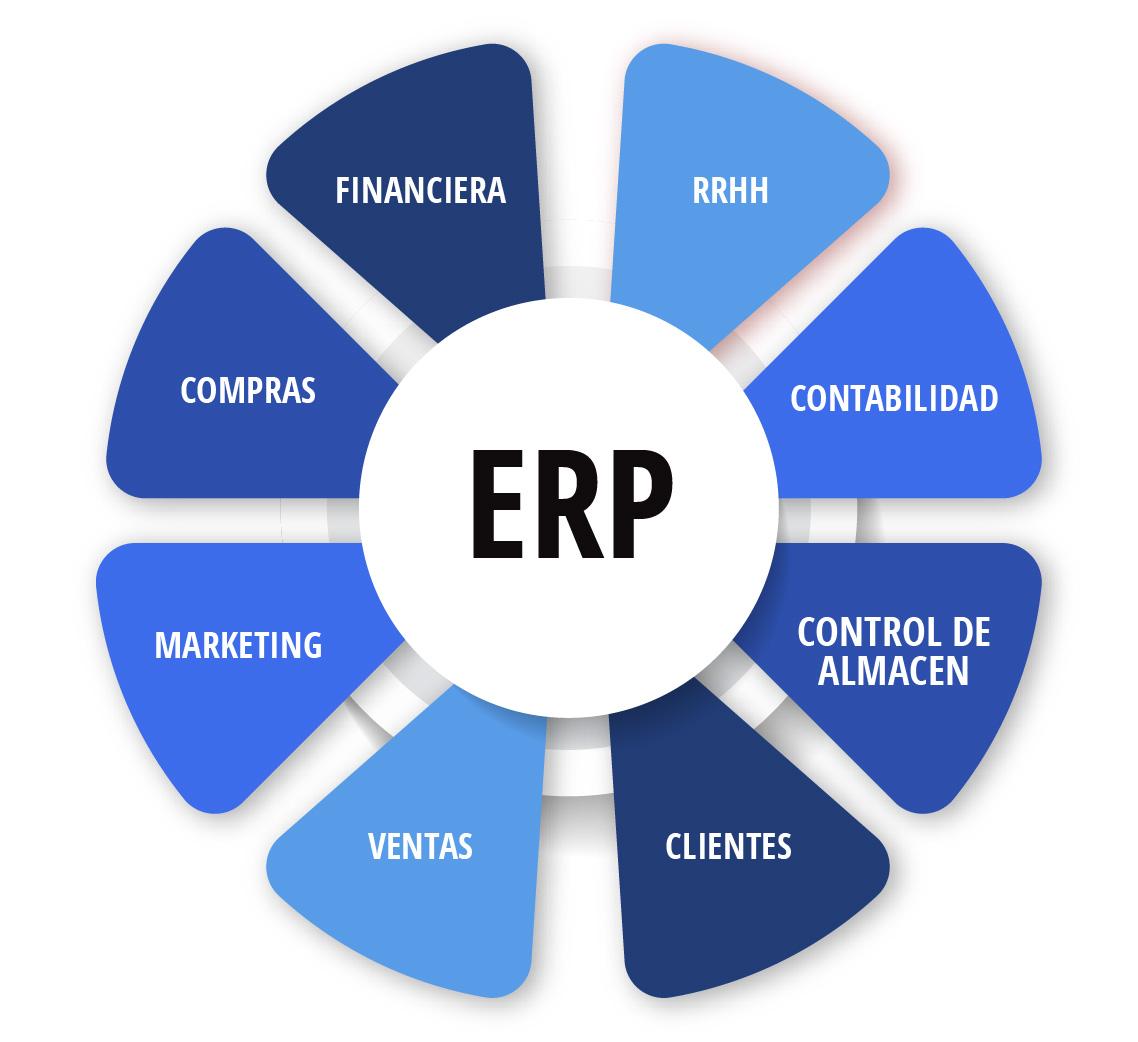Enterprise Resource Planning (ERP) systems are implemented in businesses and organizations for a variety of reasons. ERP systems offer an integrated and comprehensive approach to managing various aspects of an organization's operations, including finance, human resources, supply chain, manufacturing, sales, and more. Here are some of the primary reasons why businesses choose to implement ERP systems:

- Streamlined Operations: ERP systems provide a centralized and integrated platform that enables organizations to streamline their core business processes. This leads to increased efficiency and reduced duplication of effort across various departments.
- Improved Data Visibility: ERP systems offer a single source of truth for data, making it easier for employees to access, update, and share information. This enhances data visibility and accuracy, which is crucial for decision-making.
- Enhanced Decision-Making: With real-time access to data and analytics, ERP systems empower decision-makers with the information they need to make informed choices. This can lead to more effective and timely decision-making.
- Process Automation: ERP systems automate routine and manual tasks, reducing the need for manual data entry and paperwork. This automation can lead to time and cost savings.
- Inventory and Supply Chain Management: ERP systems help manage inventory levels, track the movement of goods, and optimize the supply chain. This can reduce inventory holding costs and improve order fulfillment.
- Financial Management: ERP systems provide tools for financial accounting, budgeting, and reporting. This is crucial for accurate financial management and compliance with regulatory requirements.
- Human Resources Management: ERP systems include modules for managing HR processes, including payroll, recruitment, employee records, and performance evaluations. This can simplify HR tasks and improve employee management.
- Customer Relationship Management (CRM): Some ERP systems integrate CRM functionality, which helps organizations manage customer interactions, sales leads, and customer service processes.
- Scalability: ERP systems can be tailored to the needs of an organization and are often scalable to accommodate growth. As a business expands, the ERP system can grow with it.
- Compliance and Reporting: ERP systems often include tools for regulatory compliance and reporting. This is important for industries with specific reporting requirements.
- Data Security: ERP systems typically come with robust security features to protect sensitive business data, ensuring that it is only accessible to authorized personnel.
- Competitive Advantage: By optimizing operations, organizations can gain a competitive edge in their industry. ERP systems help businesses respond to market changes and customer demands more effectively.
- Standardization: ERP systems encourage standardization of business processes, which can lead to consistency in operations and better control over quality.
- Integration: ERP systems can integrate with other software applications and systems, allowing for a more cohesive IT environment. This is especially important when businesses use multiple software solutions.
- Cost Reduction: While implementing an ERP system can be a significant investment, it can lead to long-term cost reduction by eliminating inefficiencies and reducing operational costs.
Overall, ERP systems are chosen by organizations to help them optimize their operations, make more informed decisions, and stay competitive in an increasingly complex and data-driven business environment. The specific reasons for implementing an ERP system can vary depending on the unique needs and goals of each organization.
Odoo is a one-stop solution for all industries